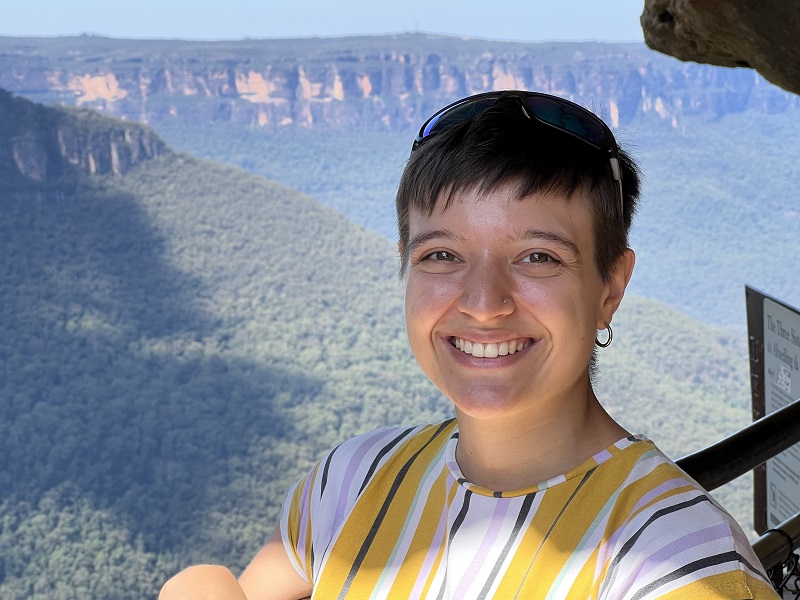Latest News
Results from your surveys with PhD Researcher Mercedes Ondik
Wednesday, 28th June 2023

Researchers from the University of New South Wales carried out a study in collaboration with the Hotspots Fire Project seeking to better understand how the 2019-20 fire season impacted people, vegetation, and soils across New South Wales (NSW).
Research Summary
Between April and October 2022, 37 NSW residents were surveyed and 9 interviewed. Results included the residents perceived the 2019-20 bushfire season as unprecedented and catastrophic. The range of impacts, on people were devastating and long-lasting confirming the disastrous nature of the 2019-20 fires, but impacts on ecosystems were less clear, particularly because many Australian native species require fire’s heat or smoke to germinate.
Participants of the survey reported that the 2019-20 fires reduced overall density of trees and native grasses, while increasing the density of weeds. They reported increased soil erosion, and some reported fewer animal types in soils. These observations indicate that the 2019-20 fire season negatively impacted vegetation and soil. However, public awareness decreased as subject matter became more “other” and less humanlike, with the least known about the Black Summer bushfires’ impact on soils.
Some quotes from survey participants included:
“Just not hearing birds, not hearing any insects, that was pretty heartbreaking, actually.”
“The town lost 20 houses, but there was nothing like the sort of absolutely searing to the ground of devastation that our land took.”
“It was open country, but it was burning the roots of plants underground and when you were actually concentrating on fire, a little blue gas would appear behind you and be burning. It was quite, quite frightening.”
There is a need for long-term widespread monitoring of fire impacts on vegetation and soils, and this project revealed an opportunity for land caretakers to get involved by performing soil health checks, particularly after fires occur to monitor fire impacts and recovery. This can be done by following soil health cards such as the one produced for Northern Rivers, NSW. Access them here: https://www.dpi.nsw.gov.au/agriculture/soils/soil-testing-and-analysis/health-card
Thank you to everyone who participated in this research. Without you, this would not have been possible.
Mercedes gave a presentation on her research at the recent NCC Bushfire Conference. Read about the conference and how to access the recordings here: https://www.hotspotsfireproject.org.au/news/2023-06-28/hear-from-experts-at-nccs-bushfire-conference
If you or someone you know has been affected by the above issues, you can access help here: http://healthdirect.gov.au/mental-health-helplines and https://www.health.nsw.gov.au/mentalhealth/resources/Pages/bushfire-mental-health-support.aspx